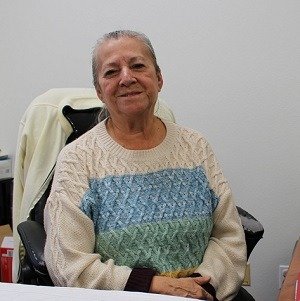In the remote northeastern corner of Nevada, Eloisa Mendoza has spent nearly two decades helping non-English speakers navigate complex legal processes. Her work in Elko, where the Hispanic or Latino population has grown to about 26%, highlights a critical issue facing rural America: the struggle to provide language access in increasingly diverse communities.
Despite the rising demand for multilingual communication in rural areas, Nevada’s recent statewide language-access law excluded smaller counties, focusing instead on the state’s most populous regions. This decision reflects a broader trend where language-access laws are primarily concentrated in urban or suburban jurisdictions, leaving rural areas behind.
The consequences of this oversight are significant. According to a 2023 KFF-Los Angeles Times survey, about 31% of immigrants with limited English proficiency reported facing language barriers when accessing health care. A quarter struggled to apply for government assistance with food, housing, or health coverage. These challenges are particularly acute in rural areas, where resources are often scarce.
Jake Hofstetter, a policy analyst at the Migration Policy Institute, emphasizes that failing to provide language access is not only a civil rights violation but also a public health and safety concern. The COVID-19 pandemic starkly illustrated this issue, as many state and local governments struggled to communicate vital public health information to diverse communities.
While some rural residents may benefit from a patchwork of resources through state agencies or federally funded local programs, significant gaps remain. The enforcement of language access rights often relies on civil rights complaints filed by residents who may be unaware of their entitlements.
As rural America continues to diversify, with the percentage of racial or ethnic minorities increasing from 20% in 2010 to 24% in 2020, the need for comprehensive language access in these areas becomes increasingly urgent. The challenge now lies in expanding these vital services to “every ZIP code, every agency,” as Nevada State Senator Edgar Flores puts it, ensuring that all residents, regardless of their English proficiency, can fully participate in their communities and access essential services.
See “Rural Governments Often Fail To Communicate With Residents Who Aren’t Proficient in English” (December 10, 2024)



